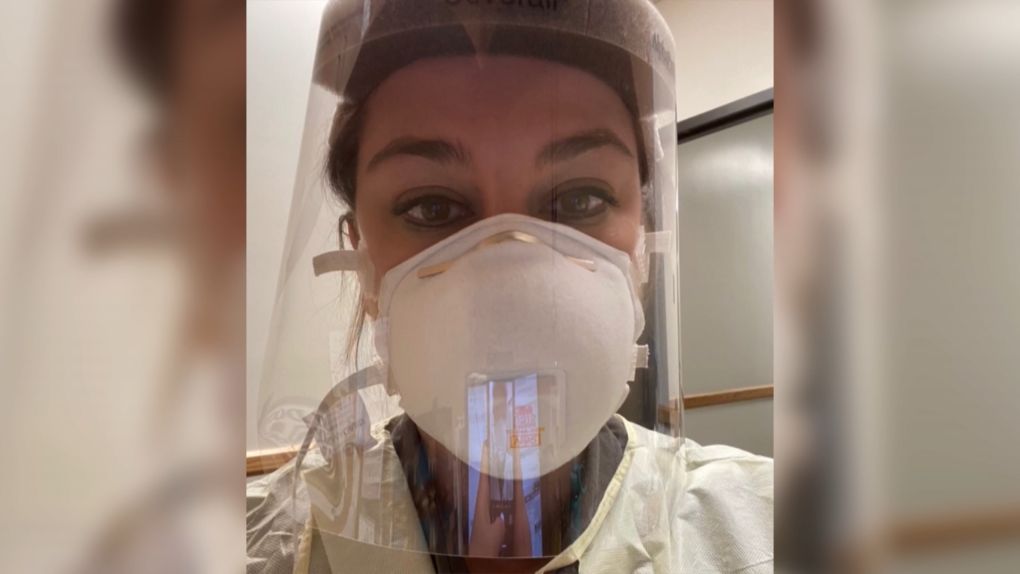Sean Amato
CTV News Edmonton
Published Feb. 1, 2022
A provincial plan to spend $6 million over the next few years to entice new doctors to rural communities is a good step but not nearly enough to address a "crisis," according to some with knowledge of rural medicine.
The UCP government announced the investment Monday and is calling it RESIDE, or Rural Education Supplement and Integrated Doctor Experience program.
“RESIDE will be key in attracting new family physicians to bring Albertans in rural communities the health care they deserve," Health Minister Jason Copping said.
RESIDE aims to add 60 new doctors in 15 rural communities.
The announcement comes amid the province's highest-ever COVID-19 hospitalizations, physician shortages causing temporary closures of some rural services, and negotiations over doctor pay.
Cold Lake is on the list for the program's first year. The city's mayor said any help is desperately needed.
"It’s in a crisis mode and we’ve been in this position for a while now," Craig Copeland told CTV News Edmonton.
"I really think in rural Alberta there needs to be a different funding envelope for the doctors. They’re very specialized, they’re vital to your community."
It's harder to find a doctor if you live outside of Edmonton, according to a recent study by the Canadian Institute for Health Information.
"It’s at the point where we could probably add several hundred rural family doctors and we’d still have a shortage," said Dr. Parker Vandermeer, who works in several rural practices.
"It also is a really challenging way to practice medicine because there’s much less support."
'ALBERTA, UNFORTUNATELY, HAS A PRETTY BAD REPUTATION'
Doctors selected for RESIDE will get a remote community incentive up to $40,000 and another $60,000 in tuition reimbursement.
The catch is that those doctors have to agree to three years of service.
"I don’t like the idea of there potentially being a new grad basically trapped in a community and feeling overwhelmed and feeling like they have to do this. Because that’s horrible for the physician but it’s also bad for the patients. It doesn’t put anyone in a good situation," Vandermeer said.
But there are other advantages for doctors who get out of the city, said an Edmonton doctor who started her career in rural areas.
"I think some of my most special times in my training were in rural communities," said Dr. Renee Nason.
Part of the appeal of working outside of a big city, she said, is being forced to learn a broad range of skills.
"What I would do in an urban practice is I would just refer to a physician that does it, whereas in a rural community you have to do that because there might not be another practitioner," Nason explained.
Nason also agreed with Vandermeer about the challenges. For her, though, the key to attracting new doctors is for the government to show them they're valued.
"Alberta unfortunately has a pretty bad reputation of how the government treats physicians here over the last couple of years," she said.
The communities selected for the RESIDE program are: Fox Creek, Grande Cache, Fort Vermilion, Wabasca, High Level, Rimbey, Lloydminster, Milk River, Cold Lake, Lac La Biche, Rocky Mountain House, Fort Macleod, Barrhead, Ponoka and Athabasca.
With files from CTV News Edmonton's Amanda Anderson

Dr. Rene Nason in a photo she supplied to CTV News Edmonton.
RELATED STORIES
Alberta announces incentives to lure doctors to rural communities
No comments:
Post a Comment